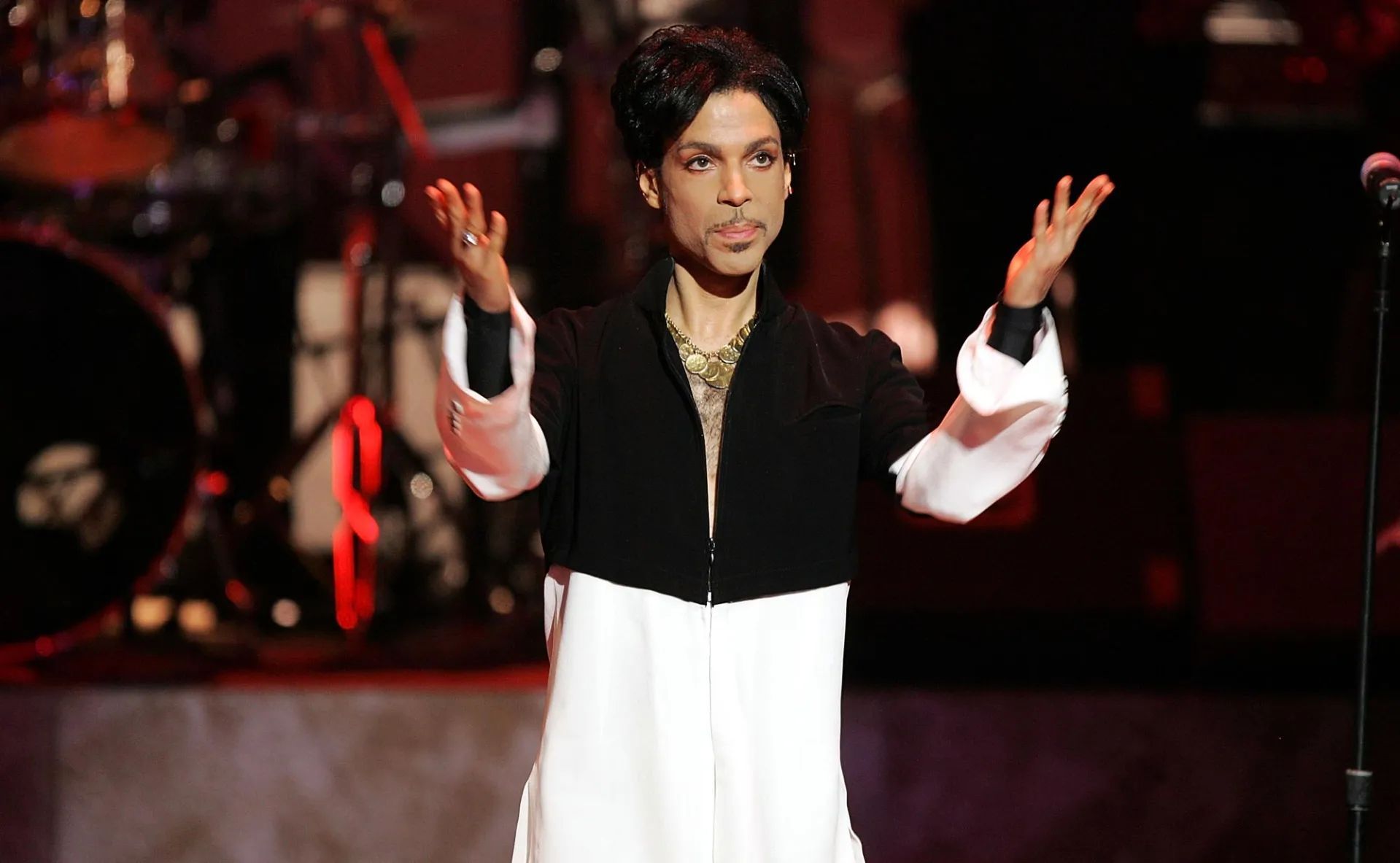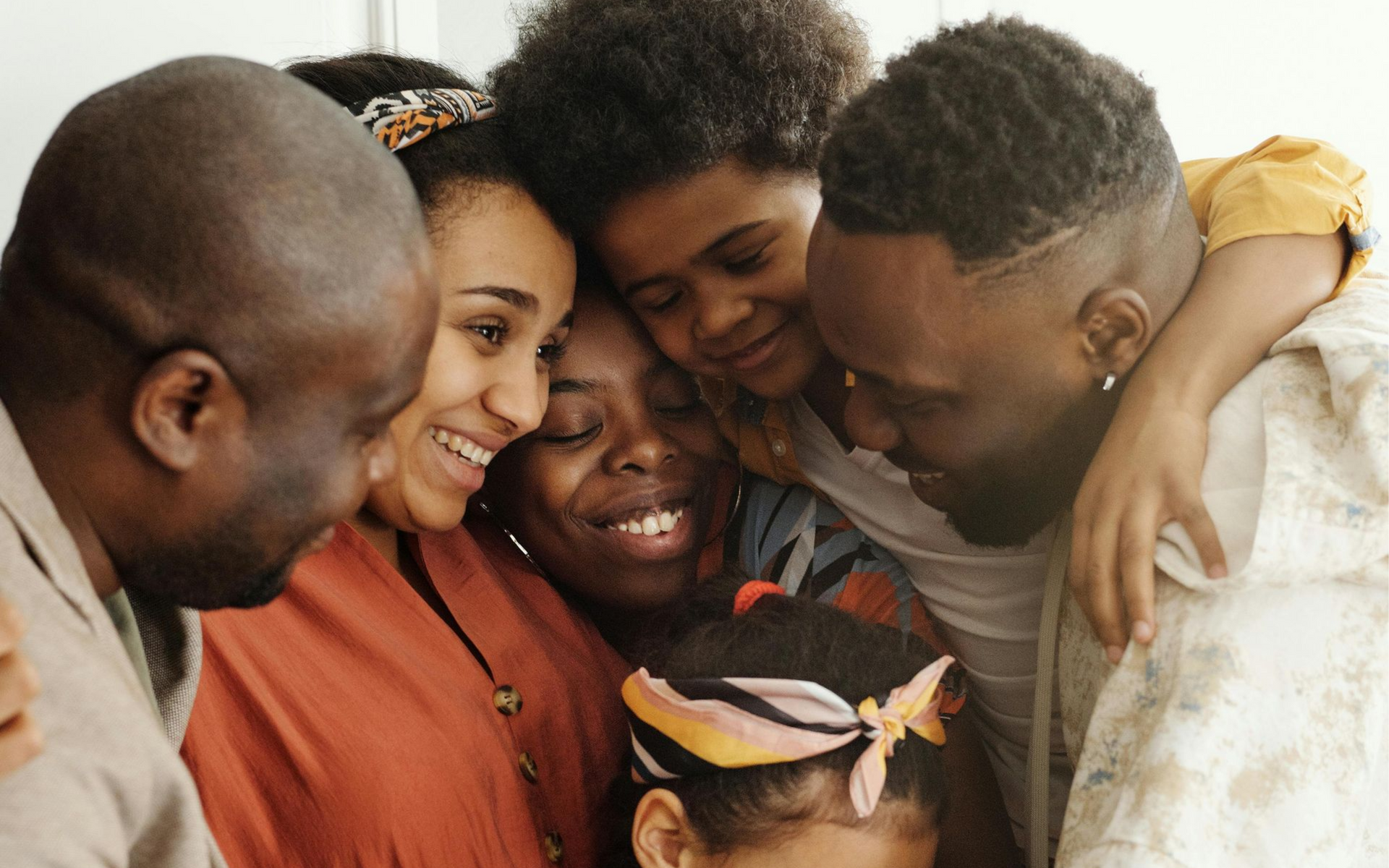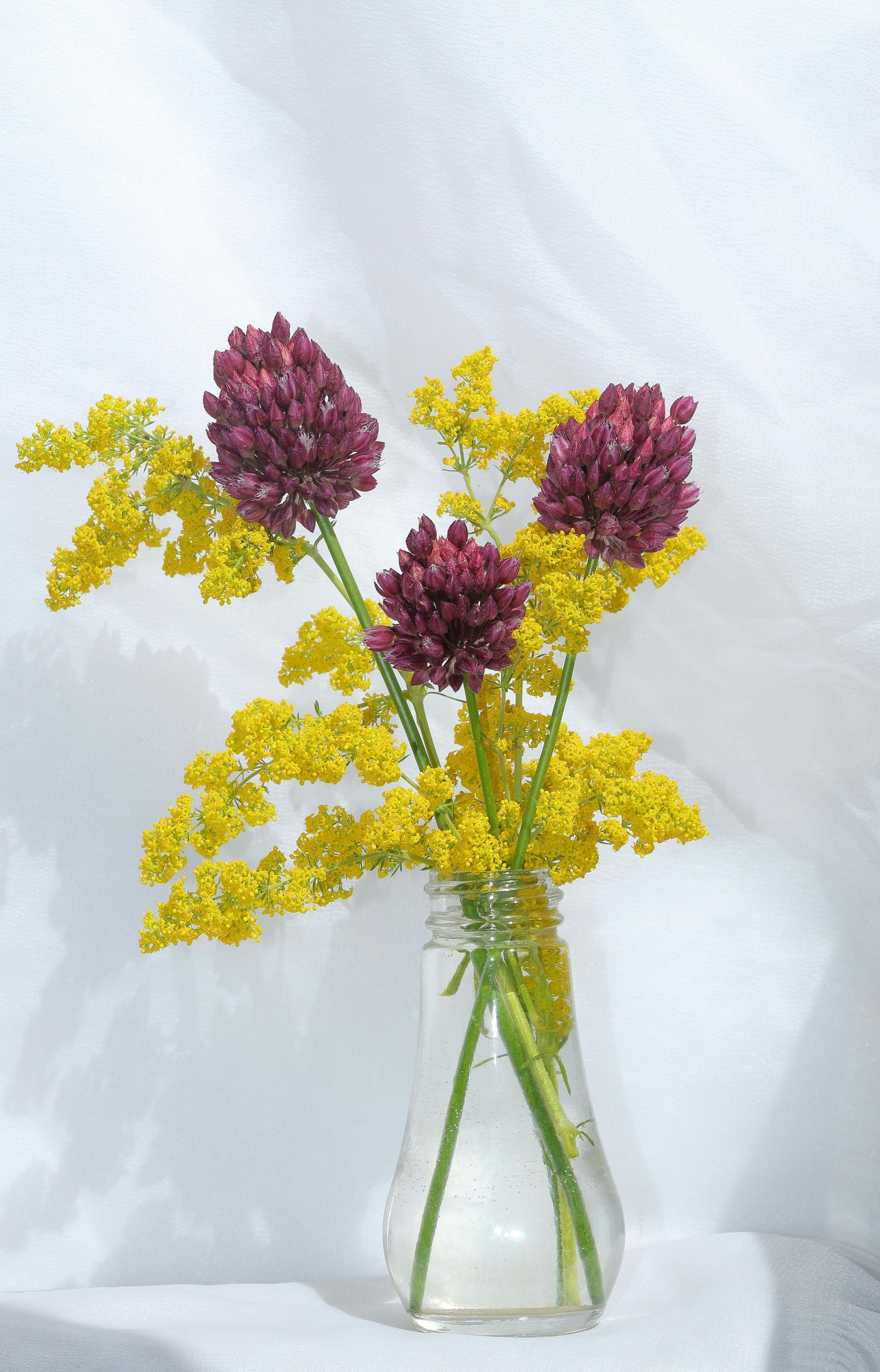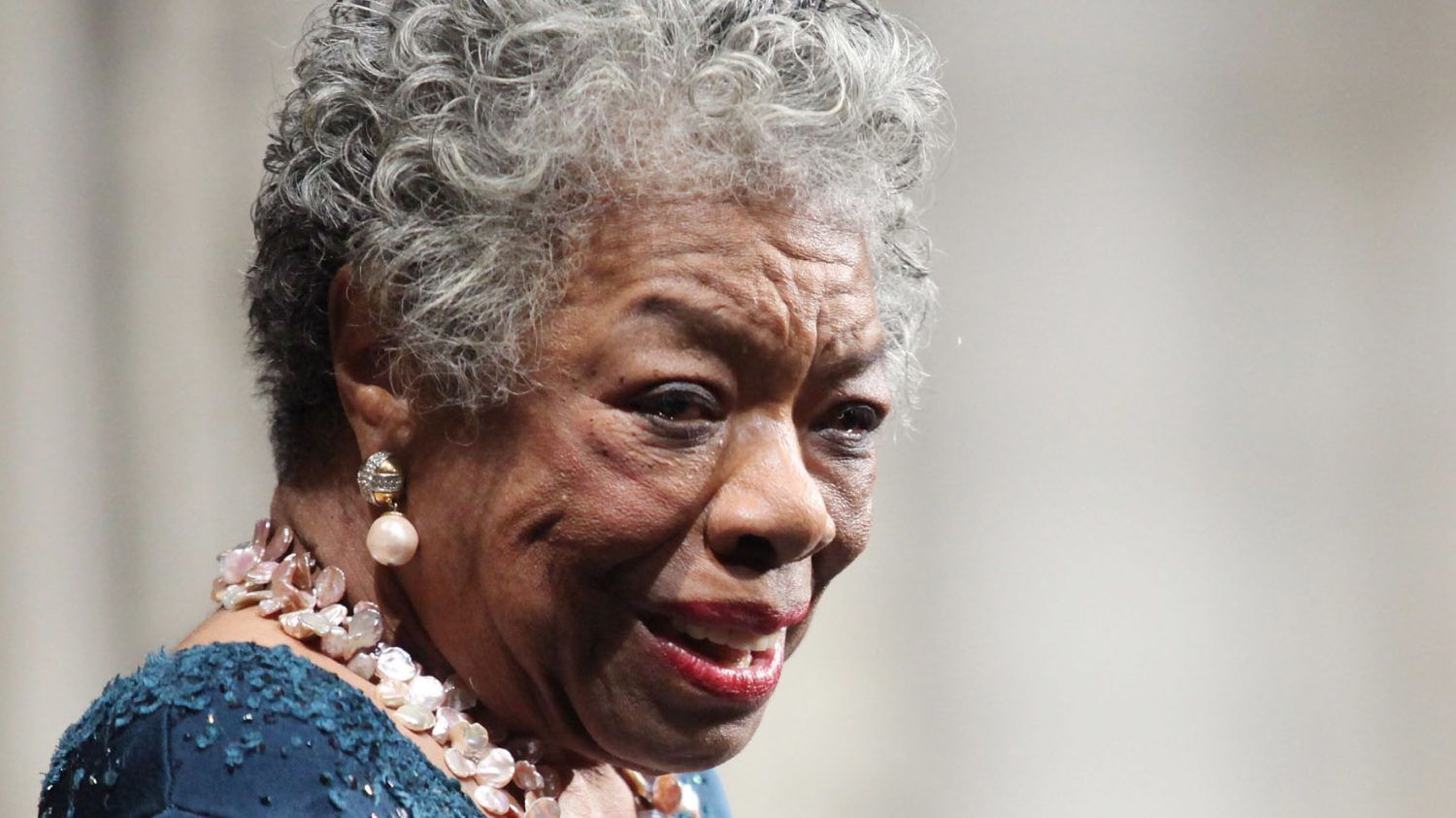Gone Too Soon, but Forever Royal
Honoring the Iconic Life and Legacy of Prince Rogers Nelson

There will never be another like him!
Prince Rogers Nelson wasn’t just a man—he was a movement. An unstoppable force of creativity, style, rebellion, love, funk, and freedom. From the moment he stepped on stage, guitar in hand and boots high, we knew we were witnessing something eternal.
Born on June 7, 1958, in Minneapolis, Prince was music royalty long before the world caught on. A self-taught prodigy who mastered the piano at seven, drums at ten, and guitar by thirteen, Prince wasn't waiting for permission—he was born ready. By the time "For You" dropped in 1978, the world had no choice but to catch up.
His music was only half the magic
Prince was a master of reinvention. From the electrifying power of 1999 to the soul-wrenching beauty of Purple Rain to the gritty funk of Sign o’ the Times, every album was a new chapter in an ever-evolving gospel of sound. And through it all, Prince remained an artist in the truest sense—writing, producing, composing, and performing nearly every track himself.
His Royal Family
- The Revolution—a multiracial, multi-gender powerhouse—helped him bring Purple Rain to life and redefine what a band could look and sound like.
- The New Power Generation (NPG) brought a whole new flavor in the ’90s, and
- 3rdeyegirl, the true Prince's fans knew who they were and how they added a rock edge in 2014 that proved he was still growing.
- Morris Day and The Time. Prince didn’t just create music for himself—he built entire worlds for others. He handpicked Morris Day, his childhood friend and one-time drummer, to front The Time, a band Prince created, wrote for, and produced behind the scenes. With slick suits, killer grooves, and hilarious bravado, The Time became a force of their own—thanks to Prince’s songwriting wizardry. Tracks like “Jungle Love” and “The Bird” had us dancing through the '80s, while Prince and Morris playfully battled on and off the screen, especially in Purple Rain. Their rivalry was theatrical, funky, and fun, but their bond ran deep. Prince didn’t just make stars—he made families. And The Time was one of his most brilliant musical offspring.
Shared his faith like no other
Prince was a quiet but devout man of faith. A Jehovah’s Witness in his later years, he became known for going door-to-door—yes, Prince—to share his beliefs. Though private about his spirituality, he spoke often of God’s presence in his life and music. His faith shaped his evolution, his performances, even his decision to tone down some of the more provocative elements of his past. Yet he never stopped being himself—a man in purple armor, walking boldly in purpose.
The rivalries of a lifetime
Prince's musical chess match with
Michael Jackson was the stuff of iconography. Two geniuses at the peak of their powers, each pushing the other to greater heights. Their styles couldn’t have been more different—Michael was the global showman, Prince was the fearless provocateur—but neither was backing down.
Let’s not forget
Rick James, whose fire met its match in Prince’s rising storm. When I first discovered the new sound of Prince, he was in the midst of dethroning the Super Freak Rick James. Their early competition helped fuel the funk revolution that would dominate the '80s. Rick once called Prince "a cold dude," but even he couldn’t deny the brilliance.
With over 100 million records sold and still counting
Prince's influence is eternal. Laced with Seven Grammy Awards, an Academy Award, a Golden Globe, and countless other honors.
He gave us "When Doves Cry," "Let’s Go Crazy," "Kiss," "Adore," "The Beautiful Ones," and “I Would Die 4 U”—songs that sound like they were plucked from the stars and poured through a Minneapolis basement.
He changed his name to a symbol when the industry tried to own him. He wrote “slave” on his face and took back control. He gave us The Artist, and then gave us Prince again—free and fully formed.
When he passed on April 21, 2016, it was as if the world lost a color. But legends don’t die. Not really. His music still plays. His message still resonates. His fans? Still wearing purple like it’s Sunday best.
At Royalty Memorial, we don’t just say goodbye—we celebrate the style, the soul, and the spark of the lives that move us. Prince wasn’t just music royalty—he was ours.
Rest in power, His Royal Badness. You are, and always will be, the purple standard.











